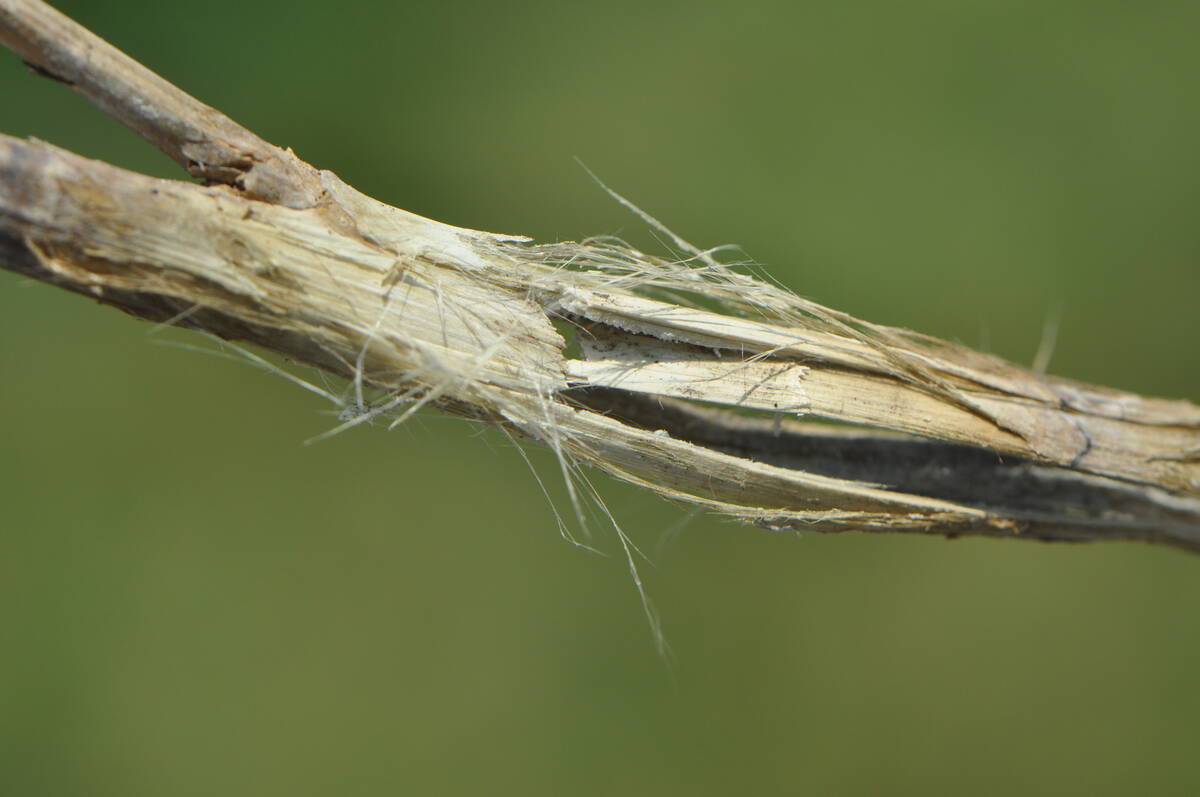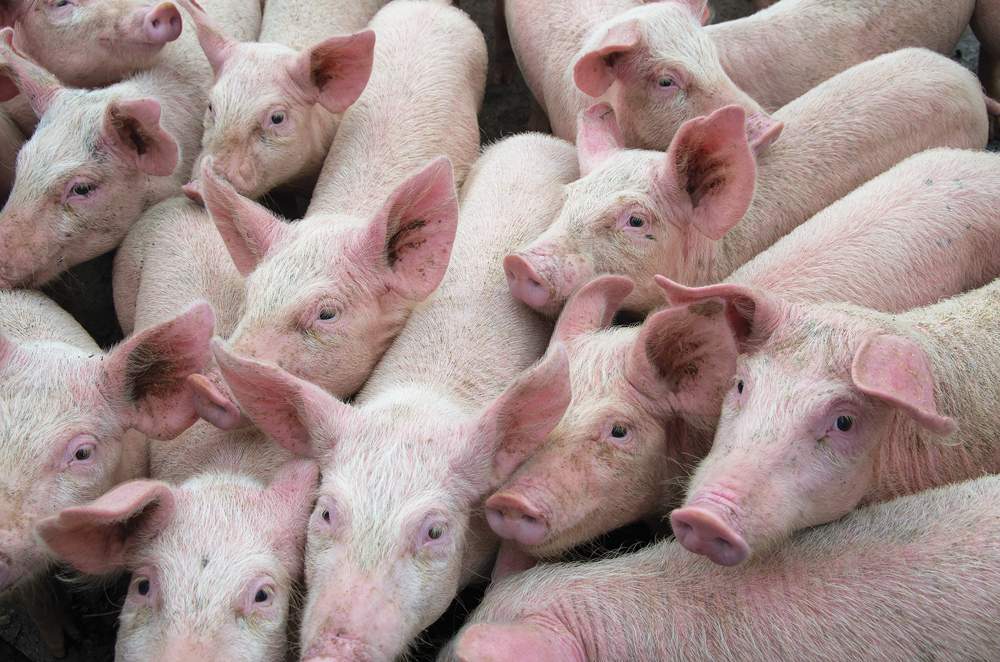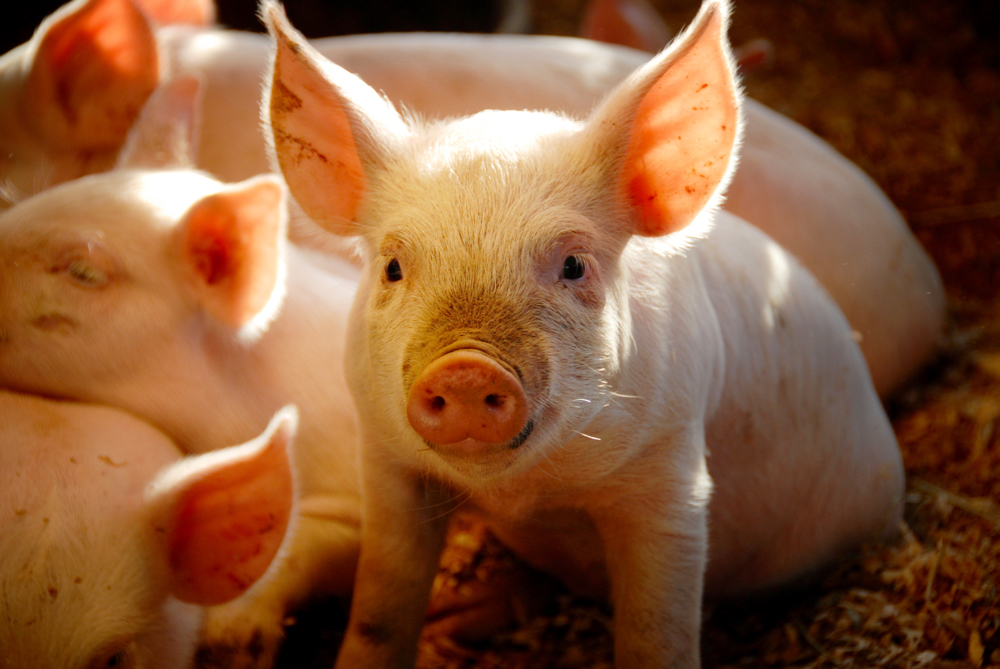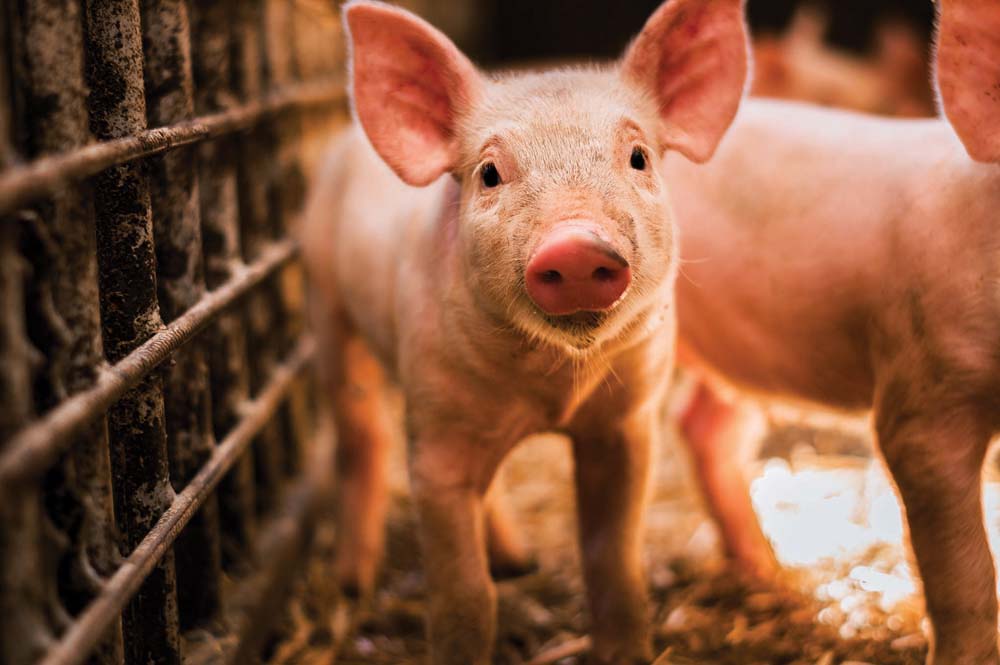Two Canadian Food Inspection Agency workers may be the first known cases of pandemic H1N1 influenza crossing from hogs to humans.
The CFIA employees, who both have tested positive for the flu strain recently elevated to pandemic status, were working in late April on a quarantined Rocky Mountain House, Alta.-area farm which, at the time, was home to the only known H1N1-positive hog herd in the world.
The hogs, all later culled by their owner for animal welfare reasons related to overcrowding, are still believed to have caught the virus from a person or people. Testing cleared the first suspect, a carpenter who had worked in the barn and shown flu-like symptoms following an earlier trip to Mexico.
Read Also

Manitoba sclerotinia picture mixed for 2025
Variations in weather and crop development in this year’s Manitoba canola fields make blanket sclerotinia outlooks hard to pin down
CFIA officials told CP that it’s impossible to say with 100 per cent certainty that the inspectors caught the flu from the hogs as opposed to other people.
The infections took place, however, in the early days of the swine flu outbreak, when few cases were being reported in Canada.
It’s known, CP said, that the two infected men did not use proper safety techniques while in the barn. Both were reported to have removed the N-95 respirators that covered their noses and mouths because they were hot.
“We conducted a review of the situation and determined that CFIA protocols for personal protection were not fully observed in this case,” CFIA told CP in an e-mail.
The two inspectors were collecting nasal and blood samples from pigs on the Alberta farm for two hours on the night of April 28, according to news reports.


















